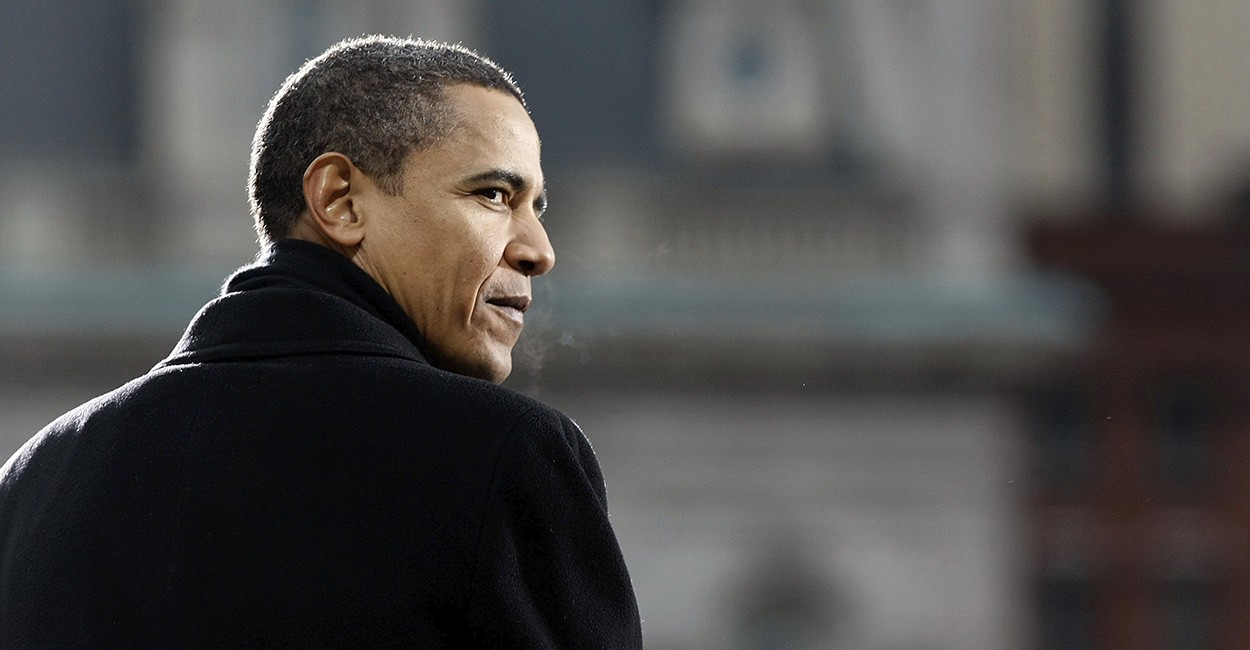By: Emily Fountain
In the days following David Petraeus’ resignation last Friday, a media firestorm has been ignited. What was initially reported as a simple extramarital affair (as simple as something like that can actually be), has now turned i
nto a scandal involving not only the accused mistress Paula Broadwell, but also commander and marine general John Allen, socialite Paula Kelley, House Majority Leader Eric Cantor, and numerous other government officials and employees. Quite honestly, it’s exhausting to keep track of and the allegations, as well as the accused, seem to be changing daily. Senator Diane Feinstein from California recently stated, “Well, my immediate gut is like this is the National Enquirer…I mean everyday there is something new.”
And she isn’t all together wrong. The scandal has escalated within the week’s passing and the details being released seem to become more and more convoluted and complex as each day passes. From conspiracy theories in regards to the Benghazi hearings, to leaked classified information, to cover-ups by the Obama Administration, the story of Petraeus’ fall from grace seems to be taking on a life of its own. And so, any attempt at an explanation is futile at this point, because whatever is said today is but an echo chamber and will probably change by tomorrow.
Truth be told, all of this is to be expected. Our society loves a good scandal, and nothing rings the bell quite like the combination of sex and politics. For a reality show driven generation, the whole affair couldn’t have been scripted any better. And the Google searches and mountains of stories that the media have produced only confirm society’s lust for the salacious.
It was seen with Bill Clinton and Newt Gingrich in 1998, John Edwards in 2008, Herman Cain in his resignation from the 2012 Presidential Primary, and this list doesn’t even begin to scratch the surface. Certainly and without question these men committed acts that are to be deemed immoral. But, what is often forgotten in these situations is that morality is not altogether tied with capabilities.
Though the facts of the Petraeus scandal are still unclear, there is one piece of information that is not— Petraeus was good at what he did. Quite literally writing the book on U.S. counterinsurgency strategy, garnering success in Iraq, and numerous other accolades, Petraues has not only proven himself to be an intellectual and a war hero, but also to be an honorable man. For those who don’t believe it now, I’m sure there are a few medals and awards lying around somewhere to bolster this point.
Prior to his resignation, Petraues was seen as something of a demagogue. And it seems ironic that in this day in age, plagued by shows like MTV’s Teen Mom and the Real World, all it took for Petraeus to fall from grace were the things that we, as a society, seek out— sex and intrigue. Yet it is contextual. What society deems acceptable for the characters of these shows is different then the standards they hold for friends and family, which in turn differ from the scrutiny that is saved for public figures. Thus society’s judgment hinges on the sinner, not the sin.
Yet the fact of the matter is, that according to the Journal of Couple and Relationship Theory, 50 percent of women and 60 percent of men will have an extramarital affair. And those numbers are comprised not solely of military officials, but also of those who simply go through the daily drudgery of going to work, making dinner, and dealing with children. And if those who take such a seemingly immoral course of action can find sympathy and forgiveness within society, I am taken aback by the shame that has been bestowed upon Petraues in the aftermath of this scandal.
Though convention does not lend us to support extramarital affairs, most of us understand them—and in Petraeus’ situation, it doesn’t take much to appreciate that vantage point. Constant moving, long periods of separation from a spouse, and experiencing a world that the spouse cannot understand because it is one that they are not a part of is not an equation that readily lends itself to stability. One of these circumstances alone, much less all of them, could make even the most noble of men fall into the arms, and yes—even the bed— of another woman. And Petraeus, while well revered, is still a mere mortal and he too is not beyond the taxing strain that separation, both physical and emotional, can put on a marriage.
Still, his reputation has been seriously tarnished. It is found reprehensible and unforgivable that such an esteemed and public figure could sink to such a low place. And certainly, there may be other factors involved—a possible breach of security, a cover-up, etc.—but all of these are yet to be confirmed. As for now, all that stands concretely is that Petraeus resigned his title as CIA director after admitting to having an affair that was then linked to Paula Broadwell, a WestPoint graduate who sports a Harvard degree, and apparently a body fat ratio of 13 percent.
And don’t be so quick to disregard the latter; apparently the fact that the woman is both attractive and in shape changes the story from one of slip-ups to that of seduction. Because believe you me, every woman with well-toned arms must be hitting the gym with some sort of hidden agenda. Heaven forbid it actually just be a case of bad timing and poor judgment.
But the problem with the Petraeus scandal isn’t that it happened, it is that it is overshadowing problems that, quite frankly, merit far more attention. Petraeus had a relationship with Broadwell, who sent threatening emails to Kelly, who may or may not have had an inappropriate relationship with Allen, who, we’ll probably learn tomorrow, was actually sleeping with Petraeus’ wife or maybe even the neighbors’ dog. And like the Energizer bunny, it just keeps going…
Meanwhile, a civil war in Syria rages on, anger erupts over European austerity, and China unveils the new leaders that will set that country’s agenda for the next decade. But unless Xi Jinping’s name suddenly get’s linked to Broadwell, Kelley, Allen, or any of the other the names sure to spring up, the world may not even blink.
And that may be a bigger problem and a bigger threat to national security than Petraeus’ sex life. Because sadly sex is what sales in society, and security simply won’t cut it.
So we must ask ourselves, where do we draw the line? At what point must we let morality overshadow competency and at what point must we give way to the latter? America is offering an answer on Petraues that is evident in the hype that has been generated. However, the contention isn’t found in the answers that America and her people have given, but rather in the questions that were put forth in the first place.

